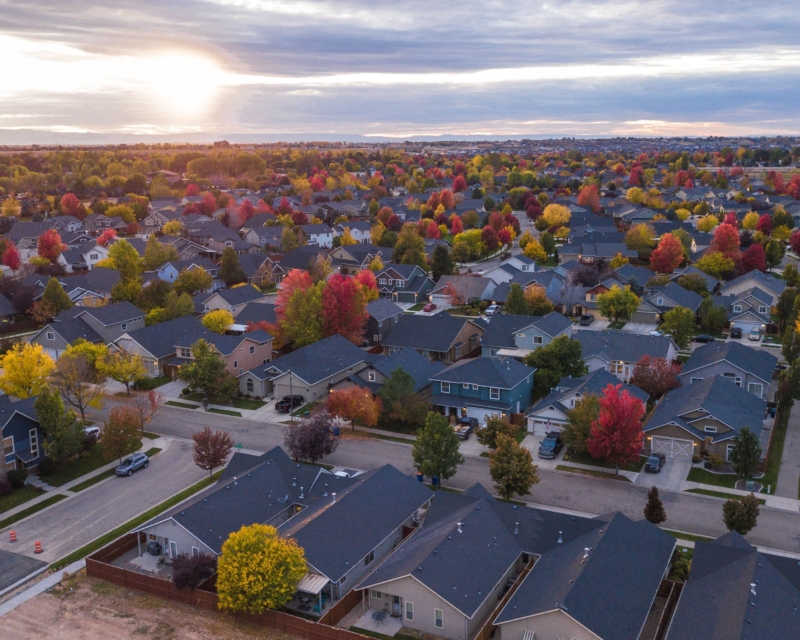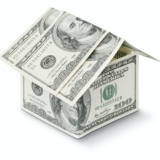Brace for Skyrocketing Mortgage Rates at 8% or More
A potential US debt default could send shockwaves through the already fragile US housing market. A recent analysis from Zillow has unveiled a dire scenario in which home-buying costs could surge by a jaw-dropping 22% if Congress fails to raise the debt limit by June 1. But that’s not all – brace yourself for mortgage rates shooting past 8%, reaching levels not seen since the early 2000s.
According to Zillow senior economist Jeff Tucker, a debt default would have catastrophic consequences for the housing market. In the event of such a historic default, Tucker predicts a staggering 23% drop in existing home sales, reaching a seasonally adjusted annualized rate of 3.3 million by September. And as if that wasn’t concerning enough, he forecasts a 5% decline in home values by the end of 2024. “Much uncertainty surrounds these estimates, but there’s little doubt that a default would be a major negative shock to housing market activity,” Tucker warns.
Time is ticking for lawmakers to act and raise the debt limit. Treasury Secretary Janet Yellen recently issued a warning that the country is “highly likely” to exhaust its cash reserves to pay debts in early June, possibly as soon as June 1. Yellen expressed concern over the significant increase in Treasury’s borrowing costs for securities maturing in early June, emphasizing that failure to raise the debt limit would bring severe hardship to American families, damage the country’s global standing, and raise doubts about its ability to protect national security interests.
Meanwhile, the standoff over the debt limit continues. House Republicans have passed a bill to raise the debt limit by $1.5 trillion, extending the current ceiling until March 2024 but tying it to spending cuts. On the other hand, President Biden and his fellow Democrats in control of the Senate prefer a “clean” debt ceiling bill without any spending cuts. As Washington races to strike a budget agreement before the critical June deadline, daily talks are being held between the White House and Republicans. House Speaker Kevin McCarthy has expressed optimism, suggesting that negotiators are narrowing their focus on key issues to find a compromise.
The implications of failing to raise or suspend the debt limit are severe. The US would eventually have to temporarily default on some of its obligations, leading to a spike in interest rates and reduced demand for Treasuries. Even the mere threat of default can cause borrowing costs to rise. Although the US has never defaulted on its debt before, a close call occurred in 2011 when House Republicans refused to pass a debt-ceiling increase, resulting in a one-notch downgrade of the US debt rating by Standard and Poor’s.
The stakes are high, and the repercussions of a US debt default would reverberate throughout the housing market and the broader economy. As the clock ticks, it remains crucial for Congress to reach an agreement and avert this potential catastrophe. All eyes are on Washington as negotiations unfold, and the nation hopes for a resolution that secures its financial stability and safeguards the housing market from an impending freeze.






